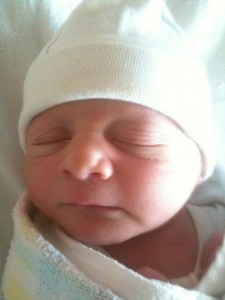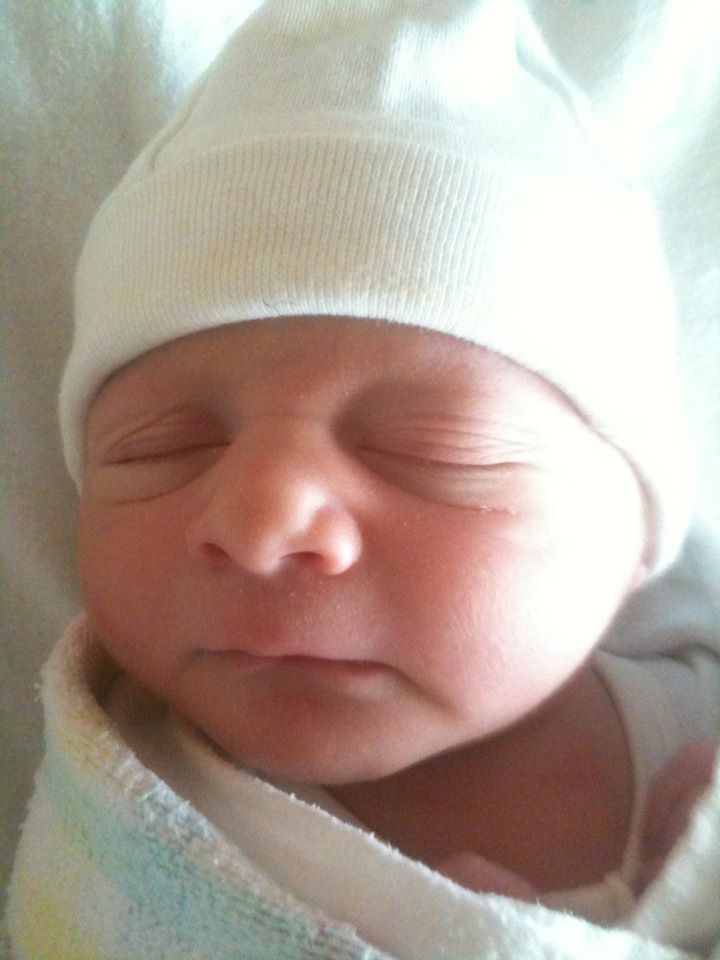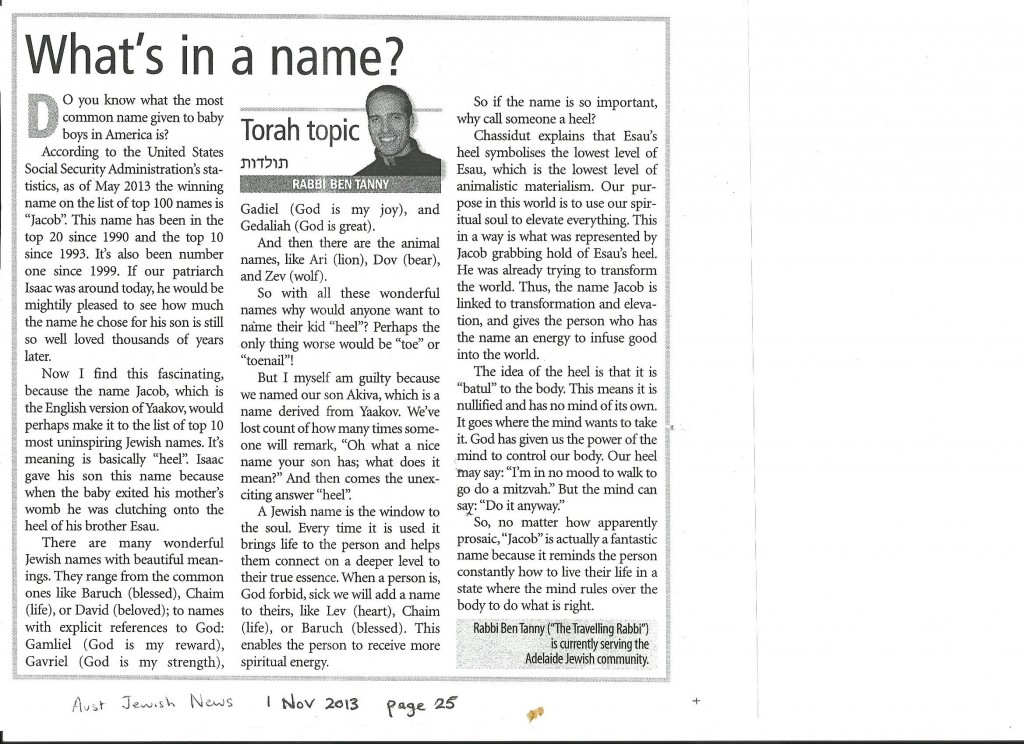The following is an email I received that I thought I would share with you all. There is no author credited, but if you know who wrote this originally please let me know in comments! Enjoy!
Chanukah on Thanksgiving in 2013: Potato Latkes and Turkey! WOW
Hanukkah and Thanksgiving: A once in eternity overlap this year features an anomaly for American Jews – The first day of Hanukkah coincides with Thanksgiving, on 11/28/2013. It turns out that it has never happened before…and it will never happen again. Thanksgiving is set as the fourth Thursday in November, meaning the latest it can be is 11/28.11/28 is also the earliest Hanukkah can be. The Jewish calendar repeats on a 19 year cycle, and Thanksgiving repeats on a 7 year cycle. You would therefore expect them to coincide roughly every 19×7 = 133 years. Looking back, this is approximately correct – the last time it would have happened is 1861. However, Thanksgiving was only formally established by President Lincoln in 1863. So, it has never happened before. Why won’t it ever happen again? The reason is because the Jewish calendar is very slowly getting out of sync with the solar calendar, at a rate of 4 days per 1000 years (not bad for a many centuries old calendar!) This means that while presently Hanukkah can be as early as11/28, over the years the calendar will drift forward, such that the earliest Hanukkah can be is 11/29. The last time Hanukkah falls on 11/28 is 2146 (which happens to be a Monday).
Therefore, 2013 is the only time Hanukkah will ever overlap with Thanksgiving. Of course, if the Jewish calendar is never modified in any way, then it will slowly move forward through the Gregorian calendar, until it loops all the way back to where it is now. So, Hanukkah will again fall on Thursday, 11/28…in the year 79,811
Read More







